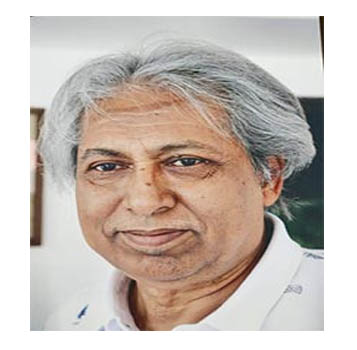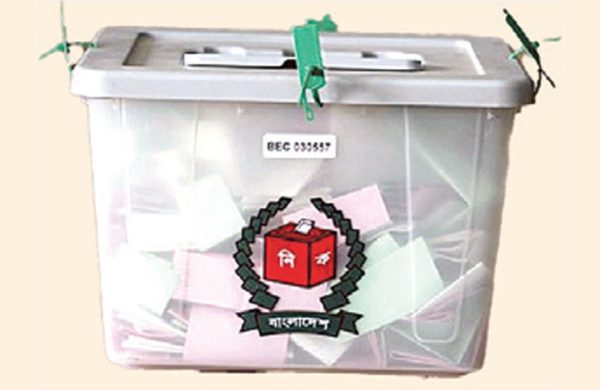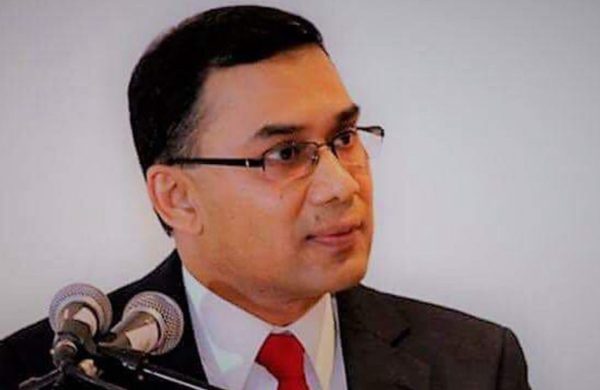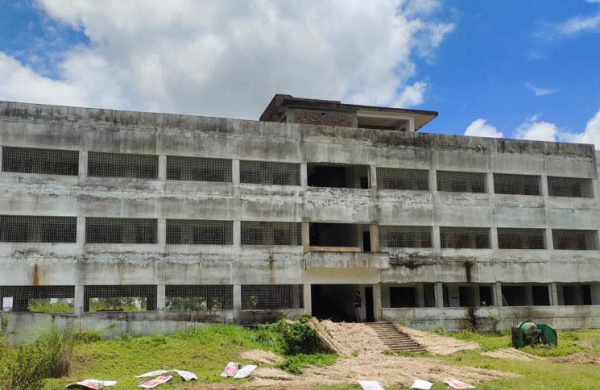Why Research Scarce in Bangladeshi Universities
- Update Time : Sunday, May 26, 2024

-Mahebub Hasan-
Jawaharlal Nehru, former prime minister of India, said, “The country is good if the universities of the country are good.” How developed a country is depends on its level of knowledge and skill sets. A country’s universities are the hub of producing new knowledge and ideas. In the process of knowledge production, the core thing is research.
However, research culture in Bangladeshi universities is too scarce to describe.
According to UNESCO, an allocation of 25% of the budget and 6% of GDP is the bare minimum for a country’s education. But Bangladesh’s budget is saying something different, only 11% of the budget and 1.76% of GDP are allocated for education in the 2023-24 fiscal year. So, Bangladeshi universities stay at the bottom of the pond in terms of research publication that contributes to the welfare of the country.
There are a variety of reasons for scarce research culture in Bangladeshi Universities. The education system of Bangladesh is still conventional, which makes it impossible to make something new. Here, the main purpose of the study is not knowledge production but rather passing the examination and gaining a certificate.
Besides, many departments in our universities are not fitted with the modern era because these departments do not have a job-specific field; so, the students of these very departments are compelled to chase the BCS or other private jobs and sometimes, they feel inferior or get depressed for their department. Even many of them do not want to introduce themselves as a student in those departments and say it is a disgrace in their life.
Economic constraints are one of the biggest obstacles to flourishing research cultures. Most of the students of public universities come from lower, lower-middle, and middle-income families. They are always hit to instill their mind to be job holders and take responsibility of their families. Where their families cannot maintain a healthy lifestyle, research is a luxury for them.
So, students are not much interested in research. At the very beginning of their university life, they have to start their struggle to manage a good job rather than invest time in producing new knowledge. As their family is waiting for their income, they have no scope to ask questions about the purpose of higher study. When a student gets into universities’ residential halls, they experience many severe issues, resulting in losing their interest in academics and even getting them involved in criminal activities.
Besides, the research facility of Bangladeshi universities is mostly limited to departmental toppers. Only toppers get a chance and funding for conducting research work. As a result, students from reputed schools and colleges get an advantage for their skills and exposure. When a student comes from rural or suburban areas with less communication skills, they sit in class keeping their mouth shut, which has a bad effect on class participation. On the other hand, students from reputed institutions take this opportunity for their better language skills. So, they can not get involved in research work.
Furthermore, connection with faculty members is important not only for excelling in academics but also for enriching educational experiences. It is one of the most under-utilised facilities for Bangladeshi university students. The courses of university are multi-dimensional and more complex than high school and college. So, they demand a more independent approach, close connection and a higher level of engagement from students. However, students feel too shy to visit faculties during office hours.
Lab facilities in Bangladeshi universities are very limited even medical colleges do not have the culture of conducting research except for some reported lab-based research works in Bangabandhu Sheikh Mujib Medical University (BSMMU). Also, the traditional syllabus stifles creativity and the ability of critical thinking of Bangladeshi students.
Eventually, we have to be obviously established in our lives but there is no way to devalue research publication. The government should give stipend and patronise the research work and researcher. The research club should be established in every department under the supervision of faculties to spread the research culture in universities. Students should develop skillsets, and entrepreneurial attitudes and gain academic excellence rather than memorising job solutions since the first year. It is the time to change and spread research culture in universities lest we must suffer for technical solutions.
(The writer is a student at the Department of Population Sciences in Dhaka University)



















